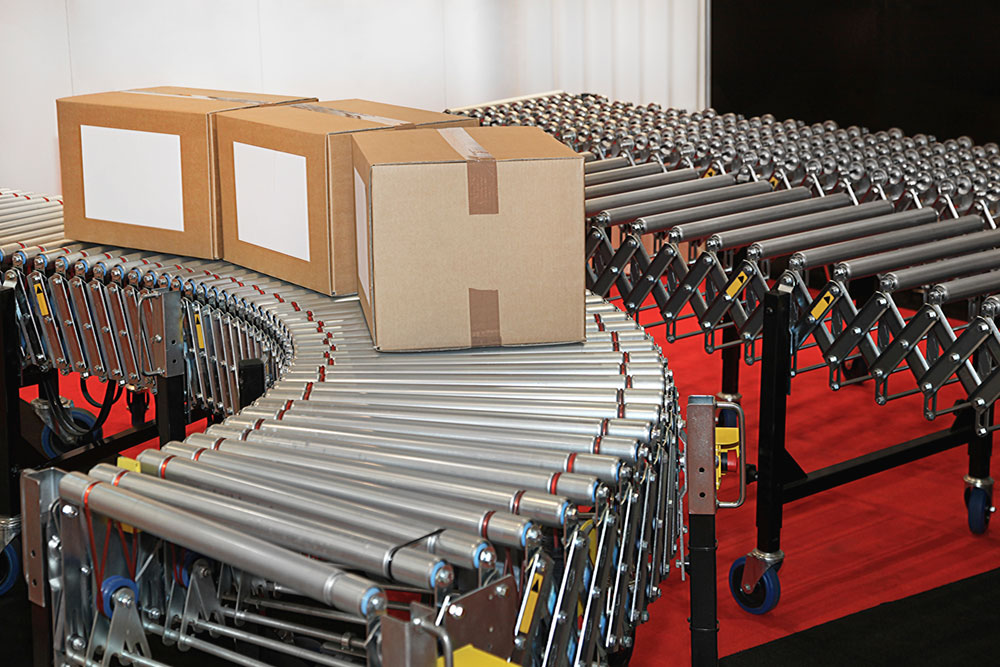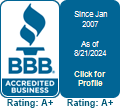Article at Manufacturing.net has tips on saving money on your LTL shipping.
Unlike truckload shipments which are typically rated at on a flat or per mile rate based purely on distance, LTL shipments take into consideration many different facets. In addition to distance—weight, NMFC classification, accessorial charges, and negotiated discounts and FAK structures all contribute to how you are billed. This combination of factors can sometimes make it difficult for shippers to verify freight bill charges.
This is where AMTR can save you big. We are experts in determining the validity of LTL freight charges and can recover overcharges you have inadvertently paid due to classification, discount, weight, and FAK errors.
Every year, more shippers implement increasingly complex and comprehensive computer systems to handle freight planning, tracking, and payments. The business world has come to rely on computers to reduce paperwork and staffing and to automate repetitive tasks that do not necessarily require constant human intervention. In the process the potential for errors has been eliminated. Or has it? Even if computers perform perfect calculations all the time, that still leaves a big hole for errors: the data may not be perfect from the beginning. Perfect calculations on imperfect data still lead to erroneous payments.
Read More
The recent news regarding ILWU Labor negotiations sparks further examination. Shippers have moved up orders, asked customers to take on more inventory, and routed cargo through ports in Canada and the U.S. East and Gulf Coasts. According to a Journal of Commerce survey, two thirds of shippers who participated plan to divert some cargo away from the U.S West Coast ports to avoid disruption that could emerge from contract negotiations. The majority of those planning on making changes stated they will ship through East or Gulf Coast ports, with others using ports in Canada and Mexico. The risk of disruption is just too great. But when these changes are made, will the overflow to other ports cause even further problems with service?
Read More
A new article at Logistics Management outlines some significant changes to how shipments are rated and priced.
This year, UPS and FedEx have begun billing ALL ground shipments based on dimensional weight. Some experts are also predicting that shippers will soon be asked to disclose freight dimensions on all LTL bills of lading. Contracted discounts and FAK exception rates are driving carriers to renegotiate pricing to more accurately reflect the associated costs of moving shippers’ freight. These significant billing changes will undoubtedly cause confusion and leave a great deal of room for error, particularly as the “kinks” are being worked out of carriers’ systems.
Read More
CSX projects increases in rail pricing; with increased rail rates, a freight audit is more valuable than ever: More freight dollars spent means more possible dollars in billing errors, and when changes are made to tariffs or contracts there is more margin for error when the new rates are published.
Bloomberg.com has the full article.
10News in Tampa Bay reports that the NTSB, the National Transportation Safety Board, has released its list for most wanted improvements for 2015.
Increased regulation could worsen the current driver shortage, impact service times, and affect shipping costs. With less drivers available to move freight, shippers are looking for ways to continue to get shipments to customers on time. Less drivers can mean longer transit times or less frequent pickups by carriers. Safety affects everyone; the costs related to an accident can be passed along to the customer in the form of higher rates.
Cerasis.com reports on some ways to improve your inbound freight management.
As a manufacturer, you will most likely be involved in inbound freight movements. That puts a lot of pressure on you and maybe even your freight costs. Having a discussion with you vendor and/or carriers can provide opportunity for understanding how your freight is moving and how it is costing you. This conversation could be well worth the time and money.
An Audit by AMTR’s team of professionals can produce valuable information to support you in these conversations with your carriers as well as recover any overcharges that may exist at the same time. It is a win-win situation.
A Logistics Management article from early this month reported on the decline of diesel fuel prices – at the lowest it has been since November of 2010.
Prices have been on a steep decline since the end of October. This is a positive for shippers as the cost of FSC, or Fuel Surcharge, on their invoices are declining. As the cost of fuel decreases, the possibility of incorrect FSC assessment increases. With a combination of trained auditors and AMTR’s proprietary IT tools, we are able to catch any FSC billing errors.
According to the Soy Transportation Coalition (as reported by the Ohio Country Journal), Union Pacific is the best rail shipper in the grain industry, rated by on-time performance, customer service and cost. If a choice of carrier is available, it is important to know which company provides the highest levels of service. AMTR keeps abreast of these trends to keep you informed.













